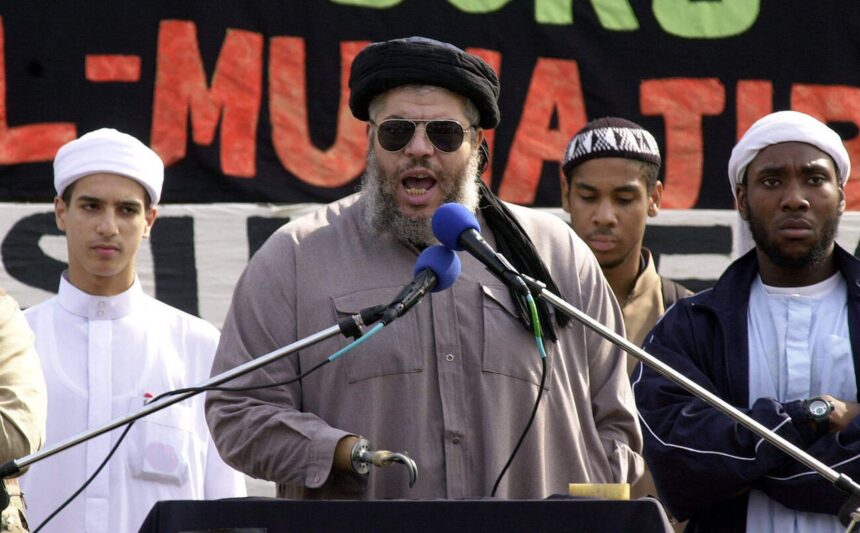In the midst of escalating global tensions and the rise of extremist ideologies, one voice emerges from the Muslim community to unequivocally denounce terrorism and violence in the name of religion. This courageous stance is taken by a prominent Muslim leader who seeks to uphold the true teachings of Islam and promote a message of peace, harmony, and tolerance.
The Role of Muslim Leaders in Condemning Terrorism
Muslim leaders around the world play a crucial role in shaping public opinion and guiding their communities towards a path of righteousness and compassion. Their influence extends beyond the walls of mosques and reaches into the hearts and minds of millions of followers. It is incumbent upon these leaders to speak out against any form of violence, especially when it is carried out in the name of Islam.
The Misconceptions Surrounding Islam and Terrorism
One of the greatest challenges facing the Muslim community today is the association of Islam with terrorism. This misguided perception has led to widespread discrimination, Islamophobia, and violence against innocent Muslims. By condemning terrorism in no uncertain terms, Muslim leaders aim to dispel these misconceptions and showcase the true essence of Islam as a religion of peace and mercy.
Historical Examples of Muslim Leaders Condemning Terrorism
Throughout history, there have been numerous instances where Muslim leaders have taken a stand against terrorism and extremism. One notable example is the Fatwa against terrorism issued by prominent scholars in the aftermath of the 9/11 attacks. This Fatwa unequivocally condemned the killing of innocent civilians and reaffirmed the sanctity of human life in Islam.
The Challenge of Extremism Within the Muslim Community
While the vast majority of Muslims abhor terrorism and violence, there remains a small but vocal minority who espouse extremist ideologies. These individuals often distort the teachings of Islam to justify their heinous acts, leading to further misunderstandings and tensions within the Muslim community. Muslim leaders face the daunting task of countering these extremist narratives and promoting a message of moderation and tolerance.
The Importance of Education and Dialogue
In order to combat extremism and promote a culture of peace, Muslim leaders emphasize the importance of education and interfaith dialogue. By educating their followers about the true teachings of Islam and fostering dialogue with people of other faiths, these leaders hope to build bridges of understanding and cooperation. Through these efforts, they seek to create a more harmonious and inclusive society for all.
Building a Future of Peace and Unity
As the world grapples with the scourge of terrorism and violence, Muslim leaders stand at the forefront of the battle for hearts and minds. By condemning terrorism and promoting a message of peace, they strive to build a future where people of all faiths can coexist in harmony and mutual respect. It is through their unwavering commitment to upholding the values of Islam that these leaders inspire hope and sow the seeds of a more peaceful world.
In conclusion, the condemnation of terrorism by Muslim leaders is a powerful testament to the true teachings of Islam and the universal values of peace and compassion. Through their words and actions, these leaders serve as beacons of light in a world fraught with darkness and division. It is our collective responsibility to stand with them in solidarity and work towards a future where terrorism has no place and where all humanity can live in peace and harmony.






